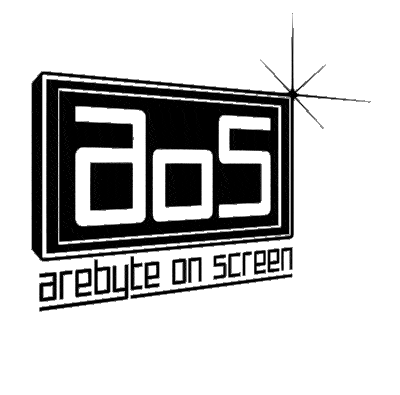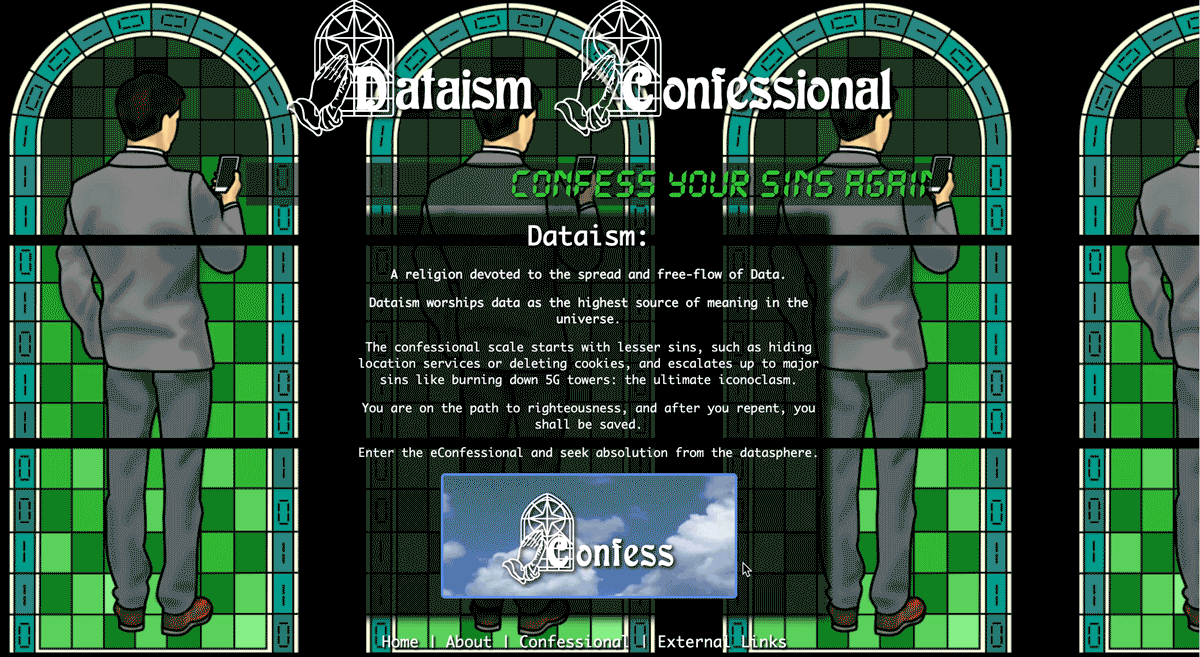Our world is constantly growing more reliant on data; in our social interactions, in how we get around, the way we consume news, what we eat, watch, read. We need data, we crave its blessings, and in return it knows everything about us, placed in judgement above us. We are so devoted to our data distribution that it takes on the form of its own religion.
Christened Dataism, this new religion will worship data as the highest source of meaning in the universe.
But is data a benevolent god? It is assumed that with omniscience comes benevolence, yet the ideology ‘if there’s nothing to hide, then there’s nothing to worry about’ implies a sinister blind faith. This all-seeing god strips people of the opportunity to choose to confess their guilt, placing an inordinate amount of power in the hands of the unthinking data collectors, and we must pray that the unconscious bias is in our favour.
The scale of sins against Dataism starts with lesser sins, such as hiding location services or deleting cookies, and escalates up to major sins like burning down 5G towers; the ultimate iconoclasm.
This project asks visitors to confess their sins against Dataism. Is our reason blind faith or is our blind faith reason? From data fanatics to 5G heretics, the Dataism Confessional situates the British relationship with data within the Catholic tradition of faith, sin, confession and absolution.

Ronnie Danaher (formerly known as Sarah Danaher) is an artist working with the antagonism between the internet and religion. She collides conflicting belief systems, using the humour of her experiences growing up in a large Irish Catholic family to question the underlying power at play in both domestic and digital settings.
Predominantly working in video, sculpture and installation, her current interests are the world of post-truth online, the echo-chambers of communities based around a set of beliefs, and the effect on identity when these subjective truths come into conflict.
Based in Leeds, she is a studio holder at Assembly House in Armley. Before taking part in arebyte’s ‘hotel generation’, she completed a graduate residency at The Art House in Wakefield. She has exhibited internationally in Marseille, Barcelona, Moscow, and across the UK.
Radley Cook (Penzance), Ronnie Danaher (Leicester/Leeds), and Georgia Tucker (Birmingham) were 3 of 4 artists selected to be part of hotel generation 2020. For AOS they present work made during or after the development stage of the programme. The works are released in conjunction with the final selected artist, Kate Frances Lingard’s exhibition at arebyte Gallery.
The judging for 2020 was comprised of Zach Blas (artist and writer based in London), Helen Starr (curator-in-residence at FACT, Liverpool), Hannah Redler Hawes (Associate Art Curator / Director, Data as Culture at the ODI, London), Erin Weible (Engagement Director at Microsoft Art Collection) and Klio Krajewska (Head of New Media Arts Development at Watermans Art Centre).


